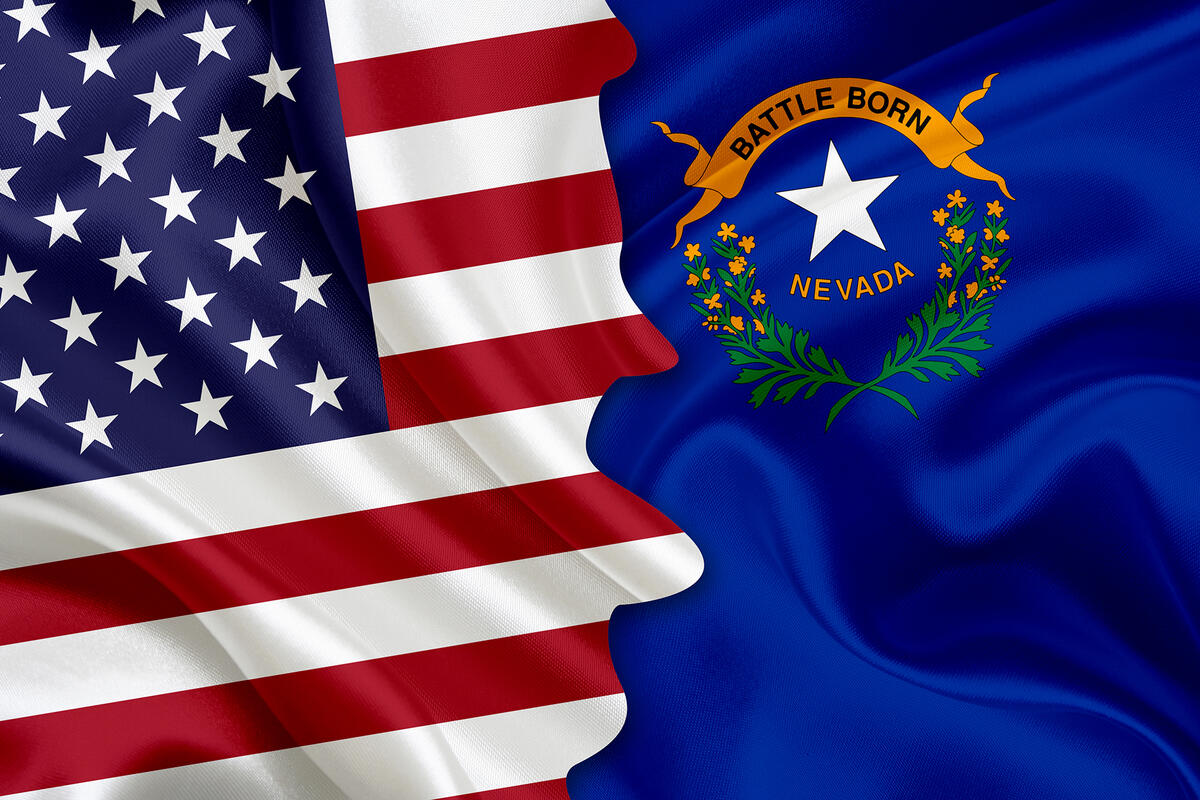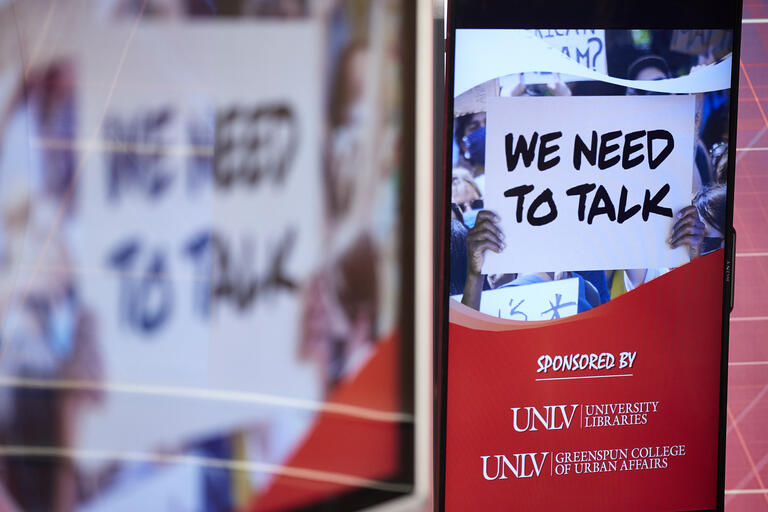No party’s presidential nominee has ever been able to take Nevada’s six electoral votes for granted. It’s a perennial swing state, barely going to the Republicans in 2000 and 2004 and to the Democrats in 1996 and 2012. Only in 2008, when Barack Obama won 55 percent of the vote to John McCain’s 43 percent, has a recent candidate won by a margin of more than 10 percentage points.
What’s more, Nevada is known as a bellwether state — since it was granted statehood in 1864, the Silver State has voted for the winning presidential candidate in 31 of 38 elections, and in all but one (1976) since 1912. Experts see Nevada, with its fast-growing Latino immigrant population, as an indicator of what the American electorate might look like in the future. But for now, true to form, polls indicate that the presidential race in Nevada is a statistical dead heat.
Our expert
Dan Lee is a professor of political science with expertise in political parties and Congressional politics. His research has appeared in Political Research Quarterly, Public Choice, Party Politics, American Politics Research, Comparative Political Studies and Political Science Research and Methods.

Lee, 37, the son of South Korean immigrants, joined the UNLV faculty a year ago after a seven-year stint at Michigan State University.
A few facts
- 2012 Presidential election results in Nevada: Barack Obama (D), 531,373 votes (52.36 percent); Mitt Romney (R), 463,567 votes (45.68 percent).
- Clark and Washoe, the state’s only urban counties, were also the only two Nevada counties Obama carried.
- In 2005, a majority of Nevada voters were registered Republicans. The majority switched to the Democrats the following year, and the gap is growing — although the governor and majorities in both legislative houses are Republican.
What do Nevada’s voting patterns tell us about the future of the country?
Just look at the demographics, Lee says. “Over the past decade, Nevada has emerged as a particular type of swing state. It has a lot of the characteristics of the ‘contemporary America,’ with changes in demographics such as Latino immigration,” he said. Such shifts could lead to Nevada replacing states that traditionally garnered the lion’s share of attention. “As far as the parties trying to win future elections, should they look at their performance in Ohio or Nevada this November? For instance, can the GOP win with its current policy on immigration? Nevada is at the leading edge of this demographic shift and could give the parties insight to developing their policy platforms.”
How does Nevada’s voting trends reflect other national movements?
As in many states, Democratic and Republican voters are concentrated in different parts of the state. Democratic voters tend to be clustered in urban areas, while Republican voters are scattered throughout suburban and rural areas. So for Nevada, Las Vegas is strongly Democratic and the Reno area is fairly balanced, while the remainder of the state is more heavily Republican. So although the state has a pretty equal partisan balance, that is not the case at the city and county level.
What will the presidential vote mean down the ticket?
That’s a more significant question in Nevada than in many states because of the race to fill the U.S. Senate seat held for nearly 30 years by Democrat Harry Reid, who is retiring. Both parties view this race as immensely important, since open seat Senate races in swing states are especially competitive and party control of the Senate hangs in the balance. The success of either candidate also will be tied largely to their party’s presidential nominee.



